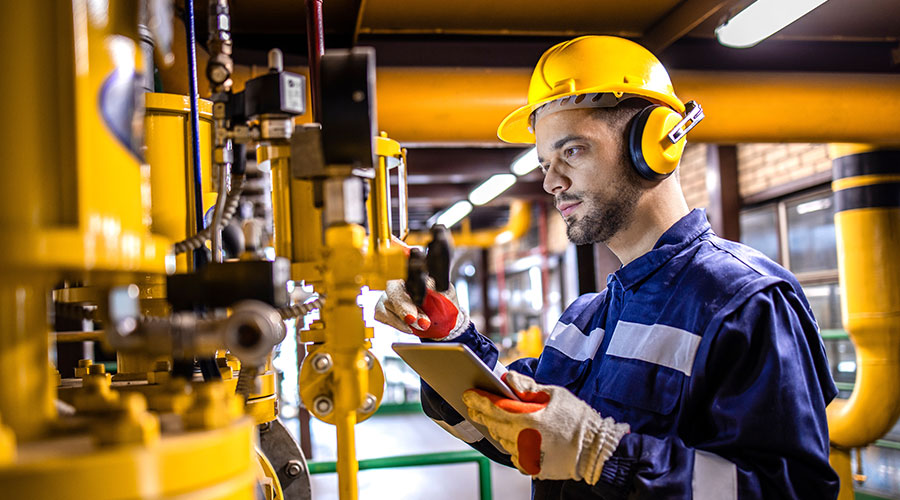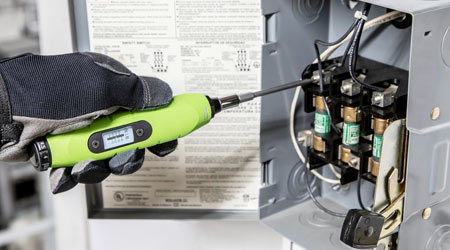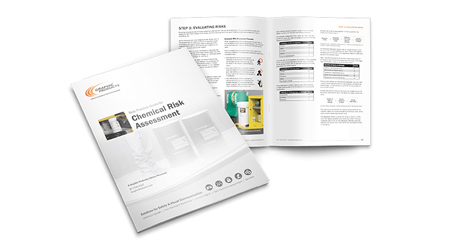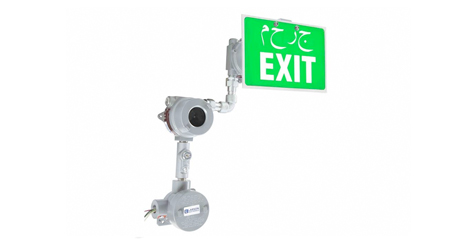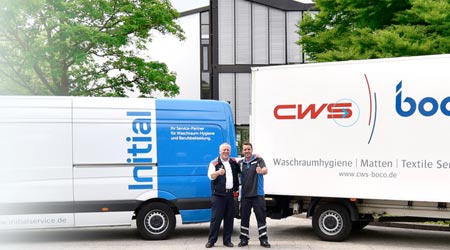« Back to Facilities Management News Home
« Building Automation
Training Program Links Facilities and STEM
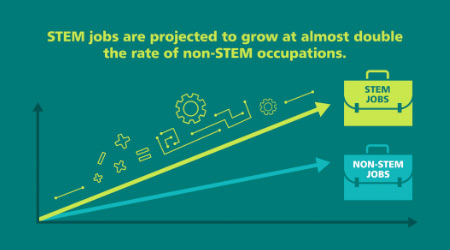
The Siemens Foundation is advancing its mission to narrow the opportunity gap for young people in the United States in STEM careers by launching a new workforce training program to fill skilled positions in the smart buildings industry in collaboration with Siemens Building Technologies and the Association of Controls Professionals (ACP). Together, the organizations will create community college training programs and develop career pathways into local K-12 systems, both aligned to new, non-proprietary industry certifications under development by ACP. This innovative program will focus on reaching traditionally underserved or underrepresented student communities and providing them the opportunity to excel in a software-driven field.
In addition to imparting the skills and knowledge necessary to obtain the industry- recognized, non-proprietary Building Automation System (BAS) certification, the program will provide student success grants and supportive services, such as transportation and tutoring, to encourage student retention and program completion. Additionally, the partnership will support outreach to local high schools to build career awareness and pathways to community college programs. The Foundation will invest more than $1.6 million in the workforce training program over a three-year period, with the first iteration expected to launch in DeKalb County in metro Atlanta in late spring.
“Operating and maintaining today’s highly smart building systems requires technology-minded professionals, but companies like Siemens continue to have difficulty in finding skilled applicants for these open positions,” said Dave Hopping, CEO of Siemens Building Technologies division - Americas. “The development of career pathways from K-12 through community college, leading to high-quality certification, will help address this gap and grow the diversity of individuals who have an opportunity to receive training, compete for these software-driven jobs and earn a competitive salary.”
Today’s buildings continue to become smarter, built and embedded with intelligent software that help reduce carbon footprints, increase energy efficiency and make the lives of those living or working inside them more comfortable and enjoyable than ever. And it’s a market that continues to grow. Over the next 40 years, the world is expected to add 230 billion square feet of new buildings – equivalent to building a new Paris every week, according to the World Economic Forum.
“A career focused on how to make buildings smarter and more efficient is truly one of purpose, giving students the opportunity to pursue work in a field that will play a significant role in reducing emissions and making our world more sustainable for years to come,” said Brian Lovell, president of ACP. “There are tens of thousands of jobs in the building automation field open today and our program’s mission is to provide the next-generation workforce with the skills and opportunity to fill these jobs and move the industry, and our world, forward.”
A career in building automation technology is well-paid, with salaries starting in the mid-$50,000s, and brings together the power of machine learning, artificial intelligence, and automation to help manage smart buildings in cities around the world. These jobs combine hands-on and digital skillsets by bringing workers both physically into the building and virtually into the building’s “brain” via a cell phone or tablet.
The Building Automation Technician workforce training program is a part of the Siemens Foundation’s new SPARKS (STEM Partnerships to Advance Real-World Knowledge and Skills) Initiative, an effort to stand-up focused, employer-informed STEM training programs across industries like smart infrastructure, healthcare, and advanced manufacturing.
The Foundation will work in tandem with Siemens’ core businesses to develop targeted programming that addresses specific workforce development needs across their industry. Though each program will be unique, all will share common goals under the broader SPARKS Initiative to provide economic opportunity to America’s next generation of workers and grow talent for relevant industries.
Since its inception, the Siemens Foundation’s mission has been to ignite and sustain today’s STEM workforce and tomorrow’s scientists and engineers. The Foundation has invested more than $115 million in the U.S. to advance workforce development and education initiatives in science, technology, engineering, and math. Its mission is inspired by the culture of innovation, research and continuous learning that is the hallmark of Siemens’ companies. Together, the programs at the Siemens Foundation are narrowing the opportunity gap for young people in the U.S. in STEM careers.
“The Foundation’s mission, at its core, is to ensure opportunity for those who traditionally have been left behind and make good on America’s most basic social compact - to ensure that those who set goals and work hard can provide for themselves, their families, and their communities,” said David Etzwiler, CEO of the Siemens Foundation. “Work like the STEM Middle-Skill Initiative and SPARKS partnerships allows us to continue to deliver on this mission by increasing awareness, advancing proven training models, and communicating the value of STEM middle-skill careers.”
More From 2/11/2019 on FacilitiesNet







